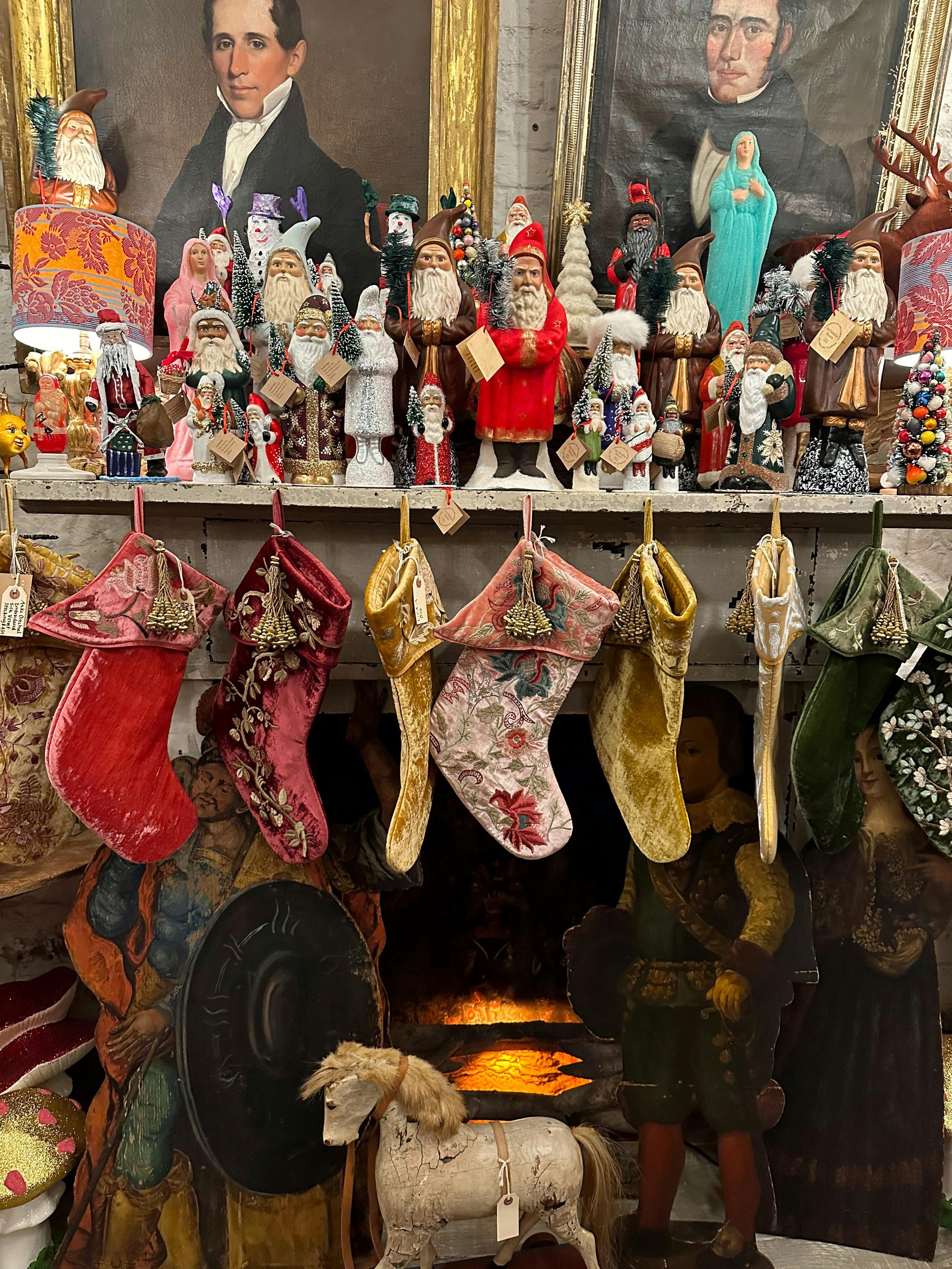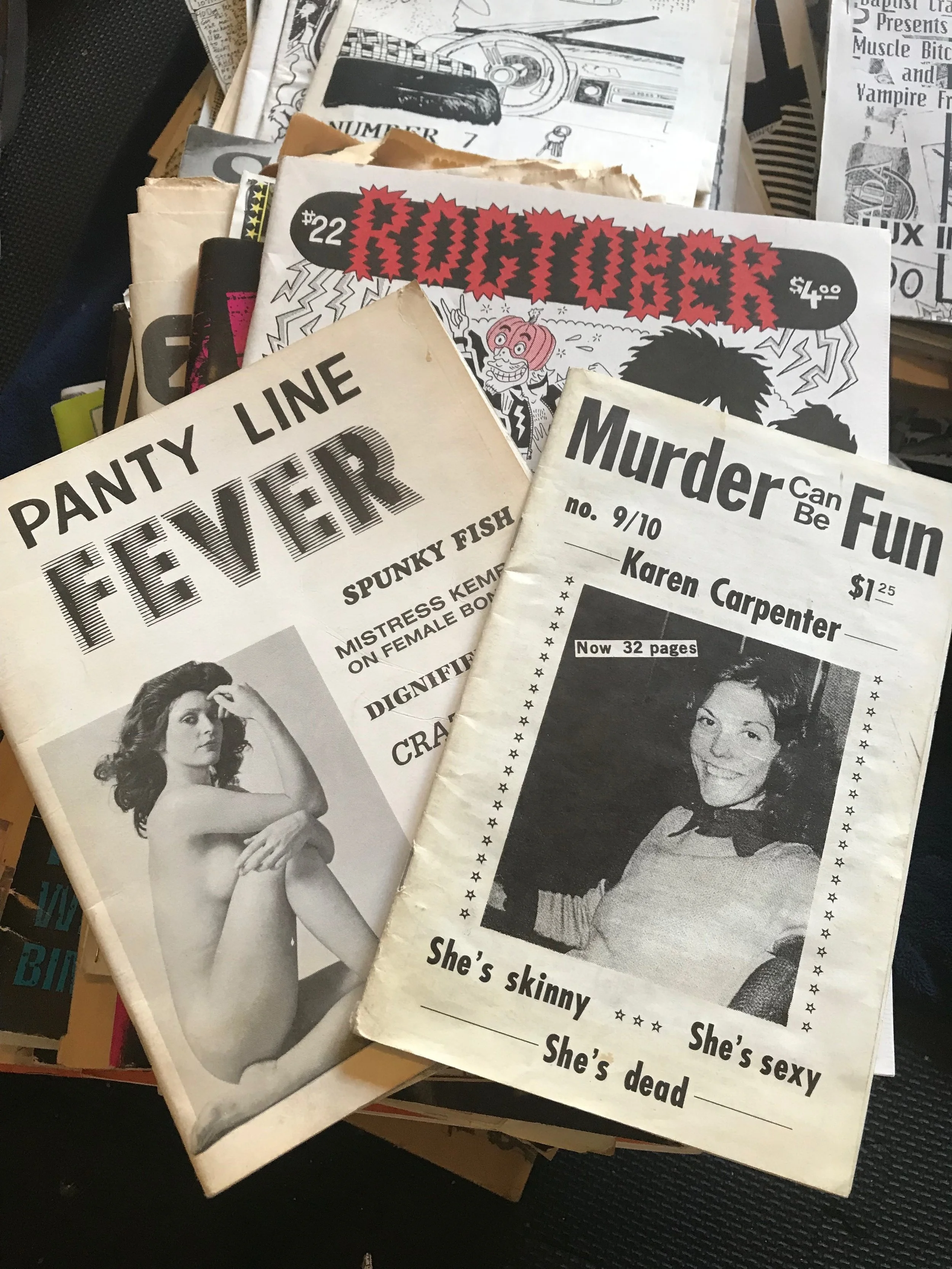Yesterday, I had lunch with Irene, my mother-in-law, and Donna, my husband’s aunt. Aunt Donna was the inspiration for my latest book after I helped her organize her family papers and photographs; I highlighted her story in my Preface.
Our conversation turned to family history, and I listened to such wonderful stories, like uncles from Italy smuggling sausages and tales of grandmothers and great-grandfathers. Yet, there were so many unanswered questions about long-lost siblings of relatives and people still living in the Old Country.
I realized that although my focus has been to protect the past, we should do a better job preserving the present for the future.
Even archivists and historians like myself fail to capture history. When my father passed away a couple years ago, I lost the opportunity to hear about his personal history. My father, granted, was a quiet, proud, sometimes difficult man, but I wish I had been brave enough to ask about his life while he was still living. When he passed away, his stories passed away with him. Don’t make my mistake.
As you create your family archives, you will encounter so many questions and mysteries. Why not produce the documents about yourself that you wish your ancestors had left behind? Your memories, and the stories passed on to you by others, are yours to record. They exist only in the archives of your mind for now. The stories you craft will be a gift to your descendants and to the historical record.
You can write diaries, journals, letters, and other documents to preserve what would otherwise be lost. Generating your documents requires discipline, but it is not as demanding as you might think. Here are some suggestions:
Keep a diary or journal.
Set realistic goals in writing family or autobiographical stories.
If you are unable to keep a daily diary, then write only when events make it worthwhile. Journaling should be pleasurable, not burdensome.
Set aside a quiet time of the day to do your writing.
Make lists of stories that you intend to record.
Record your stories into your phone for later transcription.
Interview family members, and have them interview you.
Print and save emails that document family or autobiographical events.
Make each family letter that your write useful as a document for the present and future files of the family papers.
If you write annual holiday letters, turn them into family history documents.
As you correspond with family members or about family subjects, keep a copy of both “to” and “from” letters.
Scrapbook and include as much information as you can into the explanatory text. Simple Scrapper offers easy, accessible scrapbooking advice.
Put your name, date, and location on everything that you write and keep.
Keep your new family papers organized to inspire others to preserve them. Get a head start on proper preservation by reading Creating Family Archives: A Step-by-Step Guide for Saving Your Memories for Future Generations.
Ask other family members to create new documents. Here are some suggestions:
Give blank journals as gifts. Tweens and teenagers can start a lifetime of journaling.
Encourage older relatives to record their reminiscences.
Give new parents a baby book for stories and anecdotes.
Start memory books. Use them to accumulate messages from family members and friends for special events.
Creating family archives, with new and old artifacts, is a wonderful way to preserve history. Whatever method you chose, you will share the value of the extraordinary memories your family leaves behind.
What are you doing to make history?
To learn the preservation secrets used by libraries, archives, and museums to protect their priceless materials (that you can also use for your family heritage items) read my book:
Ready to get started creating your family archives? Here are some of my favorite products:






























